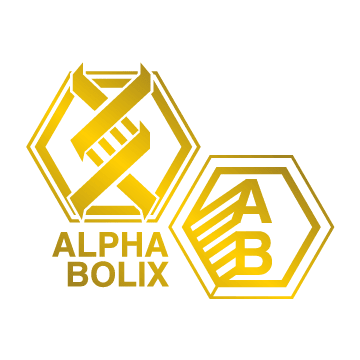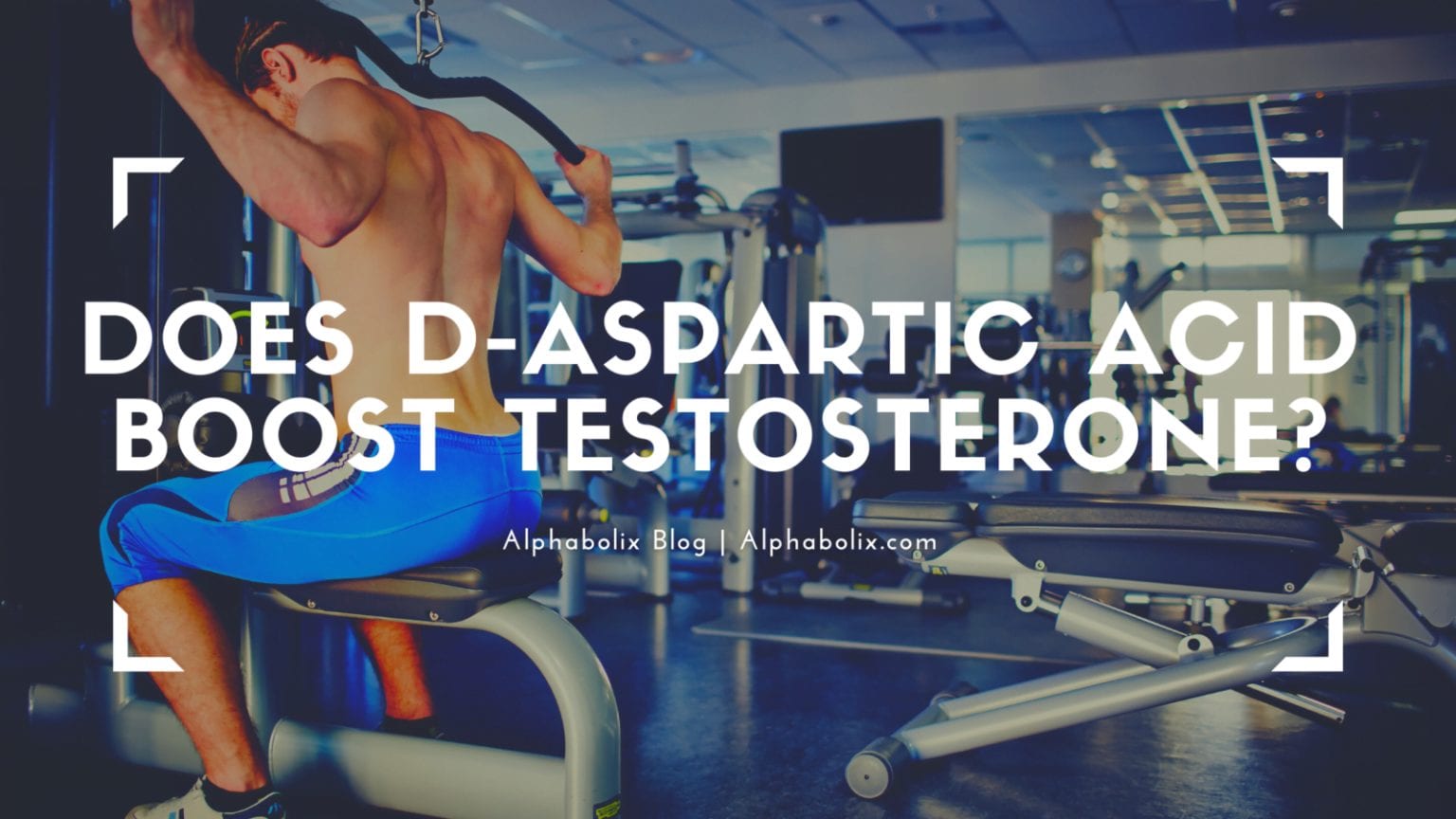DOES D-ASPARTIC ACID INCREASE TESTOSTERONE 2021?
Testosterone is the hormone responsible for muscle building and libido in men. Its decrease in the body can yield undesired consequences. As such, people seek ways to increase testosterone production in the body to stay active. One standard method to increasing this hormone production is the use of supplements alleged to boost testosterone, and these products often have amino acid D-aspartic acid (DAA). But then, does D-aspartic acid boost testosterone?
What Is D-Aspartic Acid?
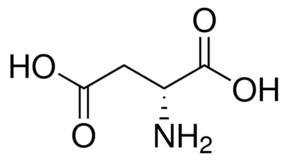
Amino acids are multifaceted in the human body’s function, as they form the building blocks of proteins, including hormones and neurotransmitters.
Almost all amino acids occur in two distinct forms. Being an amino acid, aspartic acid, likewise, occurs in two forms: L-aspartic acid or D-aspartic acid. Both forms are chemically identical, with the same chemical formula but with different molecular structures. L-aspartic acid and D-aspartic acid are basically mirrored images of each other when it comes to molecular structure. As a result of this, they are often referred to as “left-handed” or “right-handed,” respectively.
L-aspartic acid occurs naturally in the body and is used to build proteins. On the other hand, D-aspartic acid isn’t instrumental in building proteins- it functions in making and releasing hormones in the body. D-aspartic acid can accentuate the release of a hormone in the brain that will ultimately result in testosterone production. This explains why D-aspartic acid commonly features in testosterone-boosting supplements (5Trusted Source).
But then, what are the implications of taking DAA? What are the consequences of testosterone levels?
Effects on Testosterone
The research behind the use of DAA has mixed results, with many depicting its reverse role in rather hindering testosterone production.
In one study, obese men between ages 27 and 47 were isolated and given DAA supplements and their testosterone production levels monitored. This study’s results revealed some men had no increase in testosterone from the supplement. [1].
In another study, resistance-trained younger men were given a high dose of 6 grams of DAA supplementation per day for two weeks, and their testosterone levels were monitored. It was observed that there was a decrease in the testosterone levels of these young men. The study concluded that “a daily dose of six grams of d-aspartic acid decreased levels of total testosterone and free testosterone (D6), without any concurrent change in other hormones measured. Three grams of d-aspartic acid had no significant effect on either testosterone markers. It is currently unknown what effect this reduction in testosterone will have on strength and hypertrophy gains.” [2]
In another study, body composition, muscle strength, and serum hormone levels associated with the hypothalamo-pituitary-gonadal axis were studied after 28 days of resistance training and DAA supplementation. Resistance-trained men did resistance training over four times a week for 28 days while orally ingesting 3 g of DAA, and their testosterone levels were monitored. It was found that there was no increase in the testosterone levels in these individuals and concluded that “DAA supplementation is ineffective in up-regulating the activity of the hypothalamo-pituitary-gonadal axis and has no anabolic or ergogenic effects in skeletal muscle.” [3]
In yet another study, a 6-gram-per-day dosage of DAA supplementation was administered to young resistance-trained men over three months. The results revealed no change in the testosterone levels in the individuals after the three months, stating that, “…DAA supplementation is ineffective at changing testosterone levels, or positively affecting training outcomes.” [4]
Summarily, D-aspartic acid hasn’t yet been proven, beyond all reasonable doubt, to increase testosterone in all men, as the current research yields mixed results.
Sadly, DAA is the main supplement found in many products that are supposed to increase testosterone levels. Products like Testogen, evl test, Nugenix Ultimate, and even Cellucor P6 Extreme black capsule have DAA and, following the research, may actually decrease your testosterone levels and not increase testosterone. Using DAA may have side effects and safety repercussions.
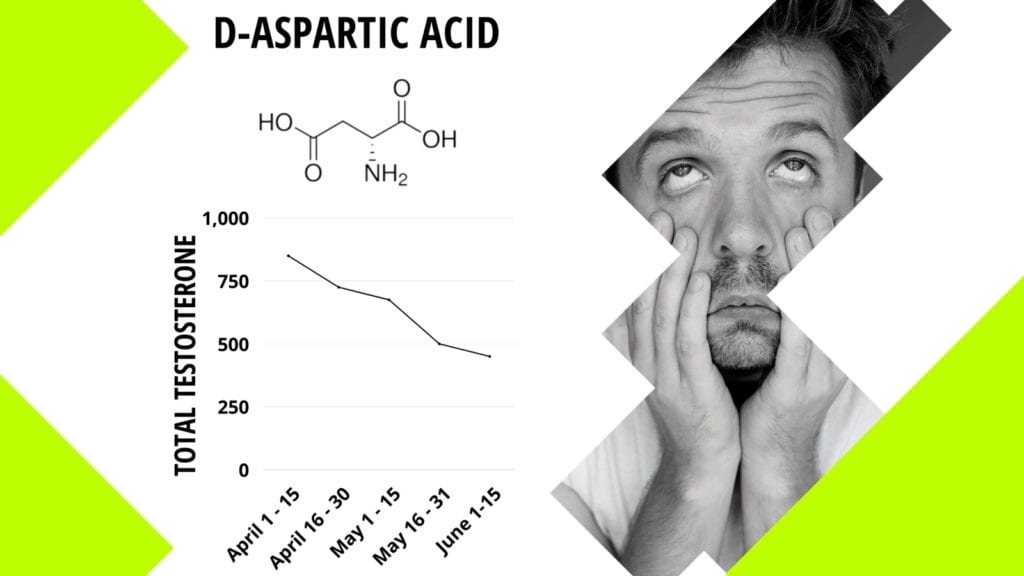
Side Effects and Safety
Similar to the existing research on the efficacy of DAA supplement as a suitable testosterone booster, there is also much-needed research investigating the supplement’s side effects. Existing research is scanty, with mixed results.
In one study, ten men were given DAA supplements, and 20% of the subjects reported irritability, headaches, and nervousness [5].
In another study, the effects of ingesting 2.6 grams of D-aspartic acid daily for 90 days were examined, with in-depth blood testing to determine any side effects to the supplement. The conclusions were, no safety concerns were surrounding the use of DAA when consumed for at least 90 days [6].
Most existing studies involving D-aspartic acid supplements do not cover the prevalence of side effects related to the supplement. There is, therefore, the need for extensive research on this.
7 Best Ways To Increase Testosterone In 2021
With all the research presented, what then are some good alternatives to d aspartic acid? Here are the top 7 testosterone boosting methods .
1. Vitamin D
Vitamin D is a steroidal hormone, linked with sexual functions in humans especially men. Infact, studies show that the increase Vitamin D increase testosterone levels in a man by as much as 30% [7]
2. Zinc
There is research to back up the efficacy of zinc in safely and naturally enhancing testosterone levels and not only that, but it also enhances the immune system and enables cells to metabolize nutrients.
3. Tribulus Terrestris
Tribulus Terrestris is a medicinal plant that has served as traditional medicine for centuries. With tested 95% Saponins, it has been shown to increase testosterone levels enhance sexual function and libido. In Bulgaria Tribulus Terrestris boosted testosterone levels in the Olympic athletes competing for the gold medal[8],
4. FenuGreek
FenuGreek is another medicinal plant that has been shown to increase testosterone levels in men, overall sexual function and enhance quality of life. FenuGreek boosts testosterone levels differently than other methods, stimulating the body to produce its own testosterone naturally. [9].
5. Vitamin C
Vitamin C has the research to show that it can regenerate damaged testosterone molecules by up to 58% [10]. It also helps to preserve Leydig Cells, which means it is instrumental in preserving Testosterone Molecules.Thus, Increasing testosterone naturally all while keeping your free testosterone levels higher than ever!
6. L - Arginine
Promotes Vasodilation and increases blood flow, making the delivery of nutrients throughout the body much more efficient.Its hard for the body to absorb all the nutrients we throw at it just take effectively boost testosterone levels. So adding L-Arginine to the mix dilates the blood vessels making it easier to carry the nutrients to the vital parts of the body.
7. Boron
Studies have shown boron can improve cognitive health. It is essential to mineral metabolism, and membrane health. As a result it aids in general cognitive performance. It can also improve bone health. Which may be a result of improved vitamin D retention. Combining the two is a great idea. It has also been show to speed up the metabolic process. Thus increasing testosterone levels
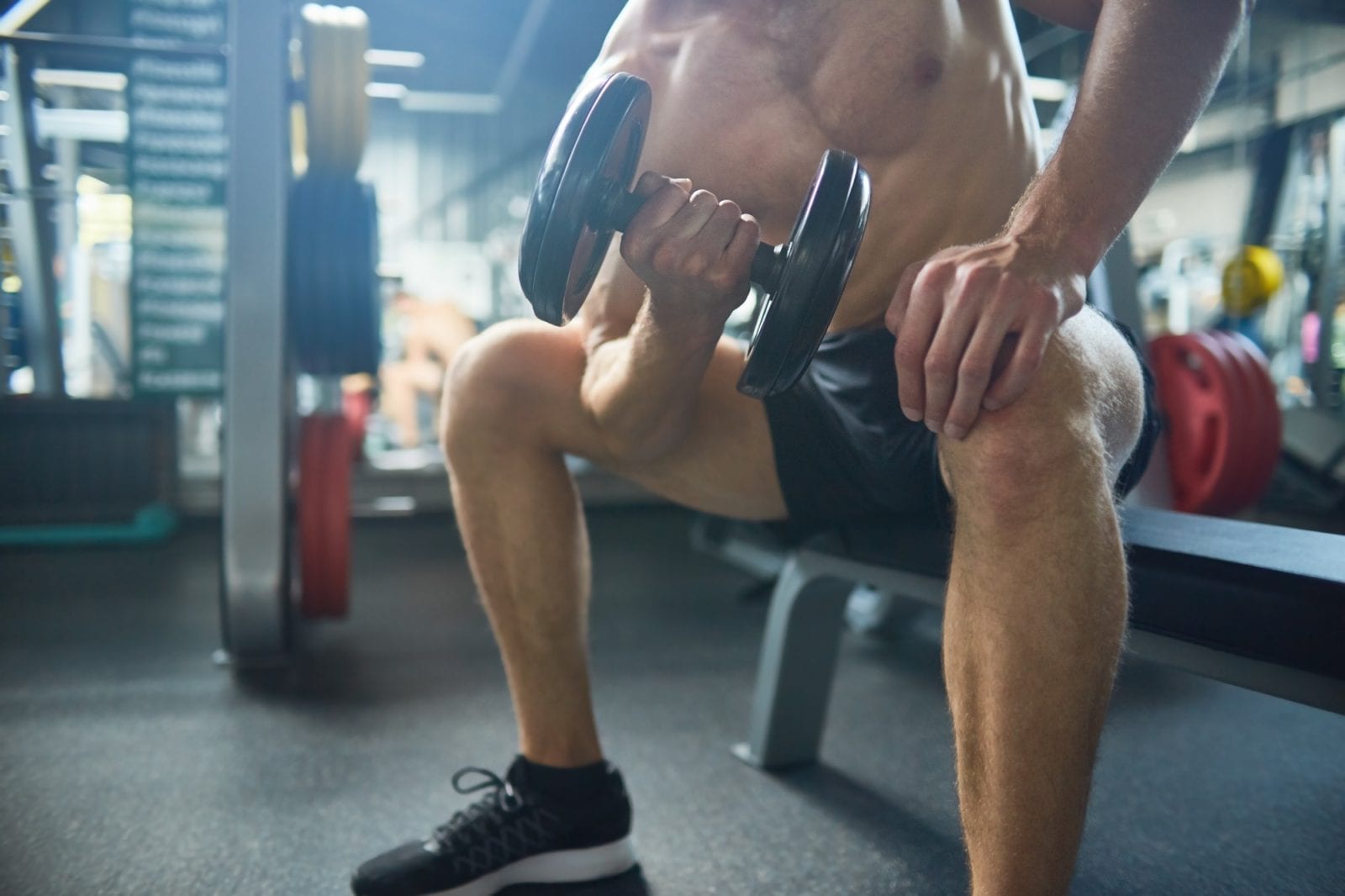


Don't Forget To Share This Post!
Summary
As you can see, d-aspartic acid doesn’t really boost testosterone, but actually decreases it, as the research shows. But for a more natural way of boosting your testosterone levels, then follow our list and you’d be good to go.
To make it easy, try our product Test Reaper, which embodies the best natural testosterone-enhancing supplements to safely but surely enhance the testosterone levels in your body, with just 2 pills a day. Find out more here
REFERENCES
[1] Bloomer, R. J., Gunnels, T. A., Moran, R. G., & Schriefer, J. M. (2015). Influence of a D-aspartic Acid/Sodium Nitrate/Vitamin D3 Dietary Supplement on Physiological Parameters in Middle-aged Men: A Pilot Study. The Open Nutraceuticals Journal (8), pp. 43-48. doi:10.2174/1876396001508010043
[2] Melville, G. W., Siegler, J. C., & Marshall, P. W. (2015). Three- and six-grams supplementation of d-aspartic acid in resistance-trained men. Journal of the International Society of Sports Nutrition, 12, 15. https://doi.org/10.1186/s12970-015-0078-7
[3] Willoughby, D. S., & Leutholtz, B. (2013). D-aspartic acid supplementation combined with 28 days of heavy resistance training has no effect on body composition, muscle strength, and serum hormones associated with the hypothalamo-pituitary-gonadal axis in resistance-trained men. Nutrition research (New York, N.Y.), 33(10), 803–810. https://doi.org/10.1016/j.nutres.2013.07.010
[4] Melville, G. W., Siegler, J. C., & Marshall, P. (2017). The effects of d-aspartic acid supplementation in resistance-trained men over a three-month training period: A randomized controlled trial. PloS one, 12(8), e0182630. https://doi.org/10.1371/journal.pone.0182630
[5] Willoughby, D. S., & Leutholtz, B. (2013). D-aspartic acid supplementation combined with 28 days of heavy resistance training has no effect on body composition, muscle strength, and serum hormones associated with the hypothalamo-pituitary-gonadal axis in resistance-trained men. Nutrition research (New York, N.Y.), 33(10), 803–810. https://doi.org/10.1016/j.nutres.2013.07.010
[6] D’Aniello, G., Ronsini, S., Notari, T., Grieco, N., Infante, V., D’Angel, N., . . . D’Aniello, A. (2012, October). D-Aspartate, a Key Element for the Improvement of Sperm Quality. Advances in Sexual Medicine, 2(4). doi:10.4236/asm.2012.24008
[7] Pilz, S., Frisch, S., Koertke, H., Kuhn, J., Dreier, J., Obermayer-Pietsch, B., Wehr, E., & Zittermann, A. (2011). Effect of vitamin D supplementation on testosterone levels in men. Hormone and metabolic research = Hormon- und Stoffwechselforschung = Hormones et metabolisme, 43(3), 223–225. https://pubmed.ncbi.nlm.nih.gov/21154195/
[10] Okon, U. A., & Utuk, I. I. (2016). Ascorbic acid treatment elevates follicle-stimulating hormone and testosterone plasma levels and enhances sperm quality in albino Wistar rats. Nigerian medical journal: journal of the Nigeria Medical Association, 57(1), 31–36. https://www.ncbi.nlm.nih.gov/pmc/articles/PMC4859110/
